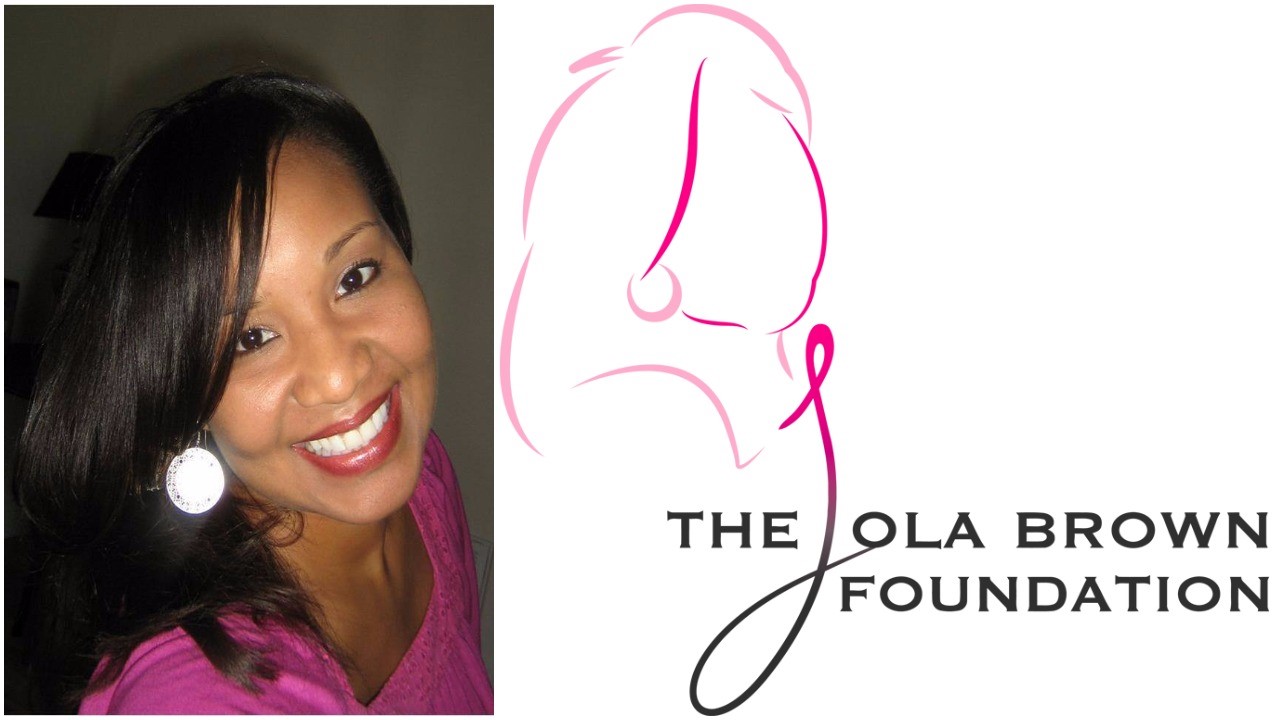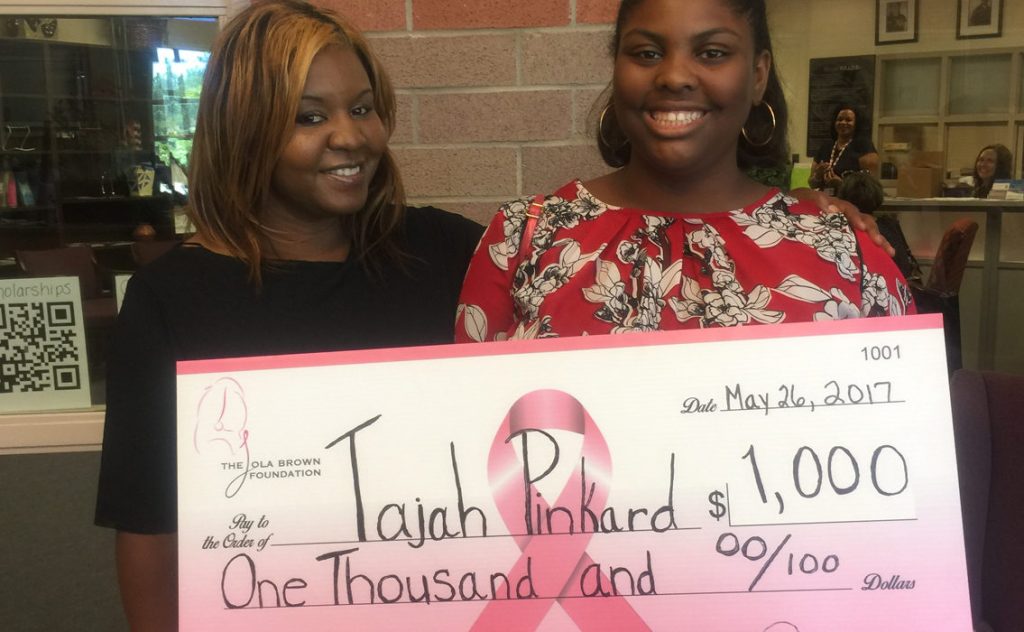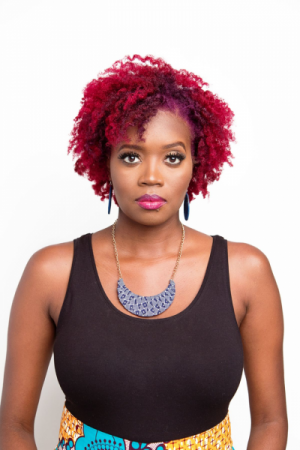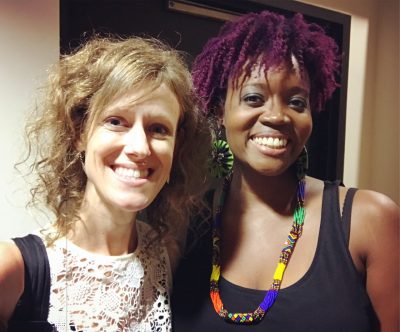
Hello World:
Editor’s Note: Since I learned about the mass shooting at First Baptist Church of Sutherland Springs in Texas, I’ve struggled about how to address this mass tragedy on this blog. What follows below is my attempt at addressing what is plainly an aberration from God’s perfect will for His people.
Dear Pastor and Mrs. Frank Pomeroy,
A week ago, this very day, the simply unimaginable become a grotesque reality. Although 26 lives were taken (not lost because I believe those lives can be found in the bosom of Jesus), as a pastor’s daughter, I identify the most with Annabelle, your 14-year-old daughter. From various media reports, she loved your small, humble church and the people in it. Although the two of you adopted her, she was raised by the church, First Baptist Church of Sutherland Springs in Sutherland Springs, Texas.
Although I am way past 14 (add 30 to that number), I remember what it was like to be a 14-year-old pastor daughter’s. Although I have two parents, my small church, Central Christian Church in southwest Atlanta, where I still attend, raised me too. As I grew up, I sometimes hated the extra scrutiny that came with being a pastor’s daughter, but I still reveled in the love lavished on me for that very reason. By the time I was 14, I had entered awkward phase where I wasn’t quite a little girl but not self-possessed enough to be a woman either. And I was teased because of it. My glasses were too big. I hadn’t discovered the most attractive hairstyle for my face yet. I was a bit fluffy. And I often couldn’t think of the cool things to say when more than one person was involved.
But all of that angst and self-consciousness melted away from the warmth of love and acceptance of church members as soon as I entered the church’s doors. The itty-bitty kids whom I towered over although I was short didn’t care that glasses covered my face, they could still see the love in my eyes as I picked them up and spun them in the air or tickled their round bellies. And when that didn’t work, Now & Laters or peppermints or anything sweet worked. The elderly people asked me how I was doing as they hugged me. Their hugs felt like worn soft blankets. The adults my parents age took a personal interest in my development and gave me leads on new opportunities. One church member helped me to get my first paying job at 14 years old! And the kids my own age and bit older sometimes teased me too, but it was no more than the teasing you would expect in a normal family. When the world outside of the church’s doors depleted me, I could fill up on the love from my church family.
Below are some reflections I’ve come across about your daughter:
- Annabelle, also known as Belle, loved attending her father’s church, so much so that family members said she would beg to sit in the front row — even when her parents weren’t there. “Texas Church Shooting: Who Were the Victims of the Sutherland Springs Massacre?” nbcnews.com
- “She had to give me my hugs,” Rod Green said Thursday. “She was totally sweet, innocent and sweet.” That vision sticks in the mind of Green, a Vietnam veteran who says he never expected to see the kind of carnage in this small town that he saw in Saigon during the Tet Offensive. “Killed in church shooting, pastor’s daughter was ‘totally sweet’” mysanantonio.com
- “You couldn’t go to Sutherland Springs Baptist Church and not see her,” Debbie Marx said. “She was always helping the Sunday School teacher with the small children.” “Killed in church shooting, pastor’s daughter was ‘totally sweet’”mysanantonio.com.
- “We will always remember that beautiful smile,” another person said. “These Are The Victims Of The Texas Church Shooting” buzzfeed.com
Now, as the last days of my parents’ ministry at Central Christian Church are being counted down (My father retires at the end of December.), I realize that my small church heritage is the biggest gift he could have ever given me. No material possession could ever match the spiritual riches invested me through the love of this small church. That is why at the head of this blog, I am pictured in the sanctuary of this small church. Everything I’ve become and hope to become can be traced back to what I learned there. It is my foundation and my springboard. From what I’ve read about Annabelle, she felt the same way.
None of us will live forever in this realm and only God knows how much time we have here, but know that you could have given Annabelle nothing greater than the love she found within the doors of your small, humble church. I have nothing against megachurches or big churches, but there is something special about knowing everyone’s name, seeing them close enough to notice acne or the growth of a new gray hair and feeling compelled to go to everyone’s graduation, wedding and funeral. A beloved deacon that I’ve known since I was six years old passed away earlier this year, and I cannot think of him too long before tears congregate at the corners of my eyes. But I am comforted by the countless sweet memories I have of him from his large, soft hands to him telling me I looked pretty last October, the last time I remember seeing him in church before he came ill.
I pray that your memories and the memories of members of First Baptist Church of Sutherland Springs of your precious Annabelle rush to your mind even as you grieve her loss. I’ve read that the church building will function as a memorial site today and this week rather than a site for church services. May all who enter the doors be surrounded by God’s love that overflowed there Sunday after Sunday despite the damage the devil inflicted there last Sunday…
With All of My Heart,
A Pastor’s Daughter
The First Baptist Church of Sutherland Springs website has links to legitimate GoFundMe campaigns that have been created to support the families of the victims. One of those campaigns is the Sutherland Springs “Annabelle” Fund. If you can donate, please do so.
Any thoughts?




 Spoken word was a voice for you beginning at age 17. How do you see spoken word influencing young people today?
Spoken word was a voice for you beginning at age 17. How do you see spoken word influencing young people today?